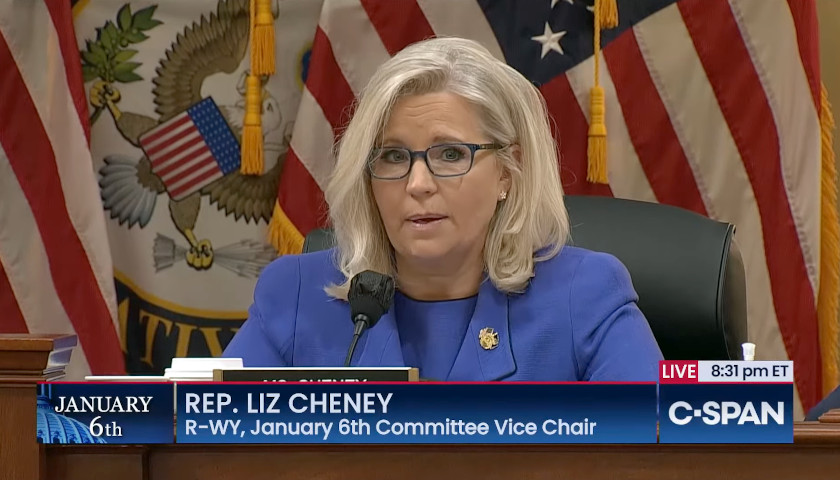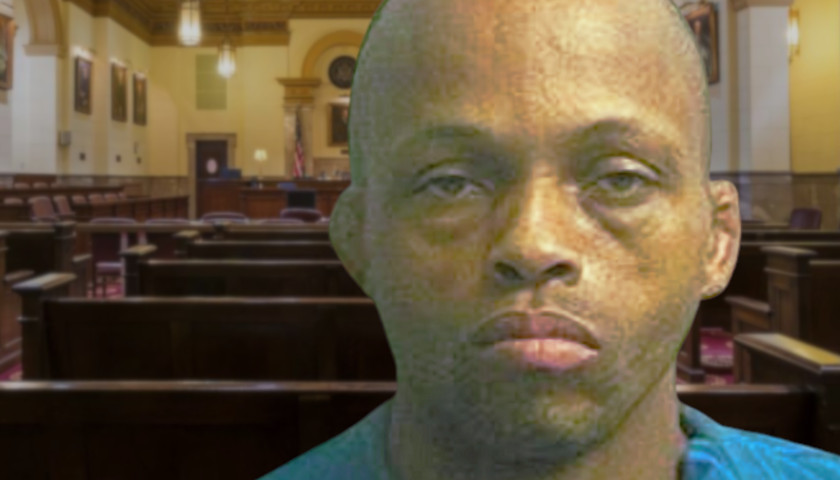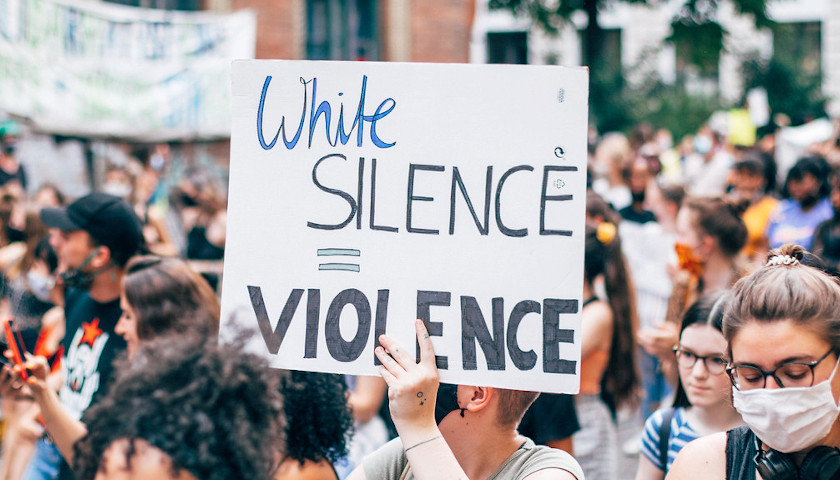We humans are social animals, with society serving as the glue that binds us together. Through our ideals, ethics, and actions, we all have a hand in forming the collective views of society. “Work hard”, “take care of your family”, “don’t commit crime”, are a few basic tenets. But sometimes, often when faced with something novel, society can panic. Rather than try to understand this new trend or thing, frenzied members might view it as a threat and seek to banish it. Sociologists call these moments “moral panics”. More often than not, they’re irrational, with little to no support from scientific evidence. Here are four moral panics not backed by science:
1. Dungeons & Dragons. In the 1980s, spurred by a few attention-grabbing incidents, the media, politicians, and many prominent members of society glommed on to the idea that the tabletop roleplaying game Dungeons & Dragons (D&D) was driving players to psychosis, suicide, and even murder. The fantasy game has players cooperatively imagine themselves as a party of heroes (or villains) in a magical world filled with demons, beasts, and spells.
Read More











